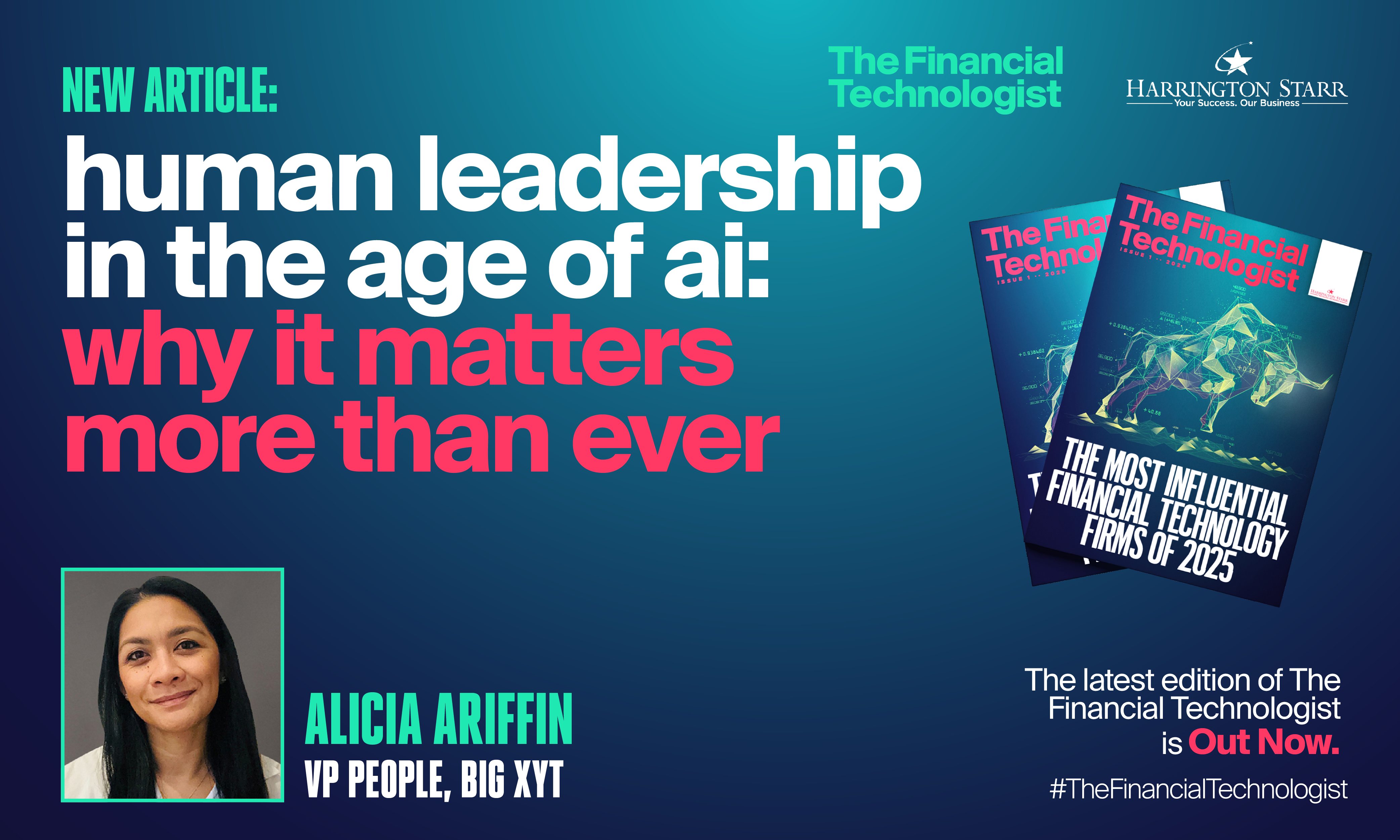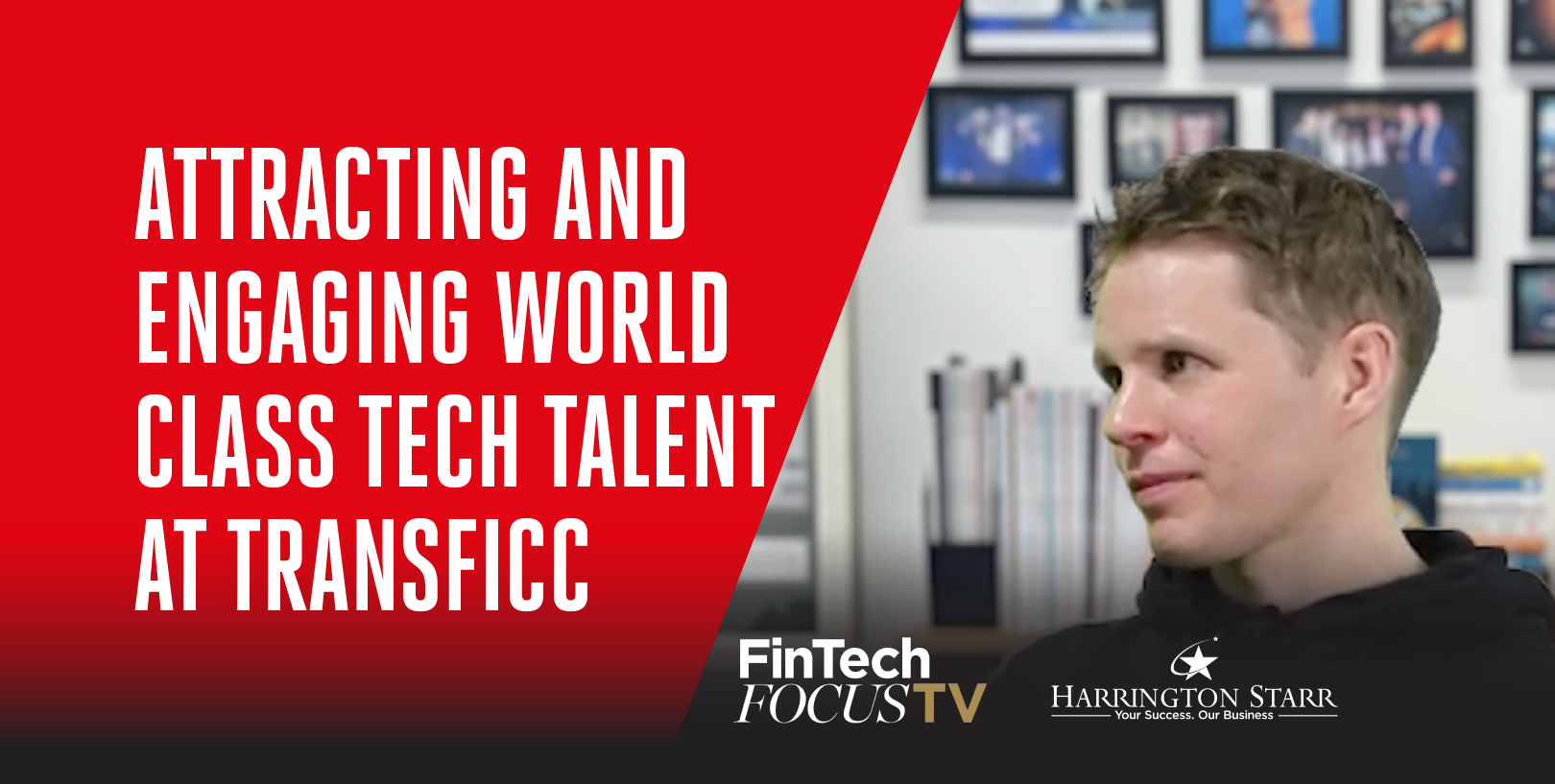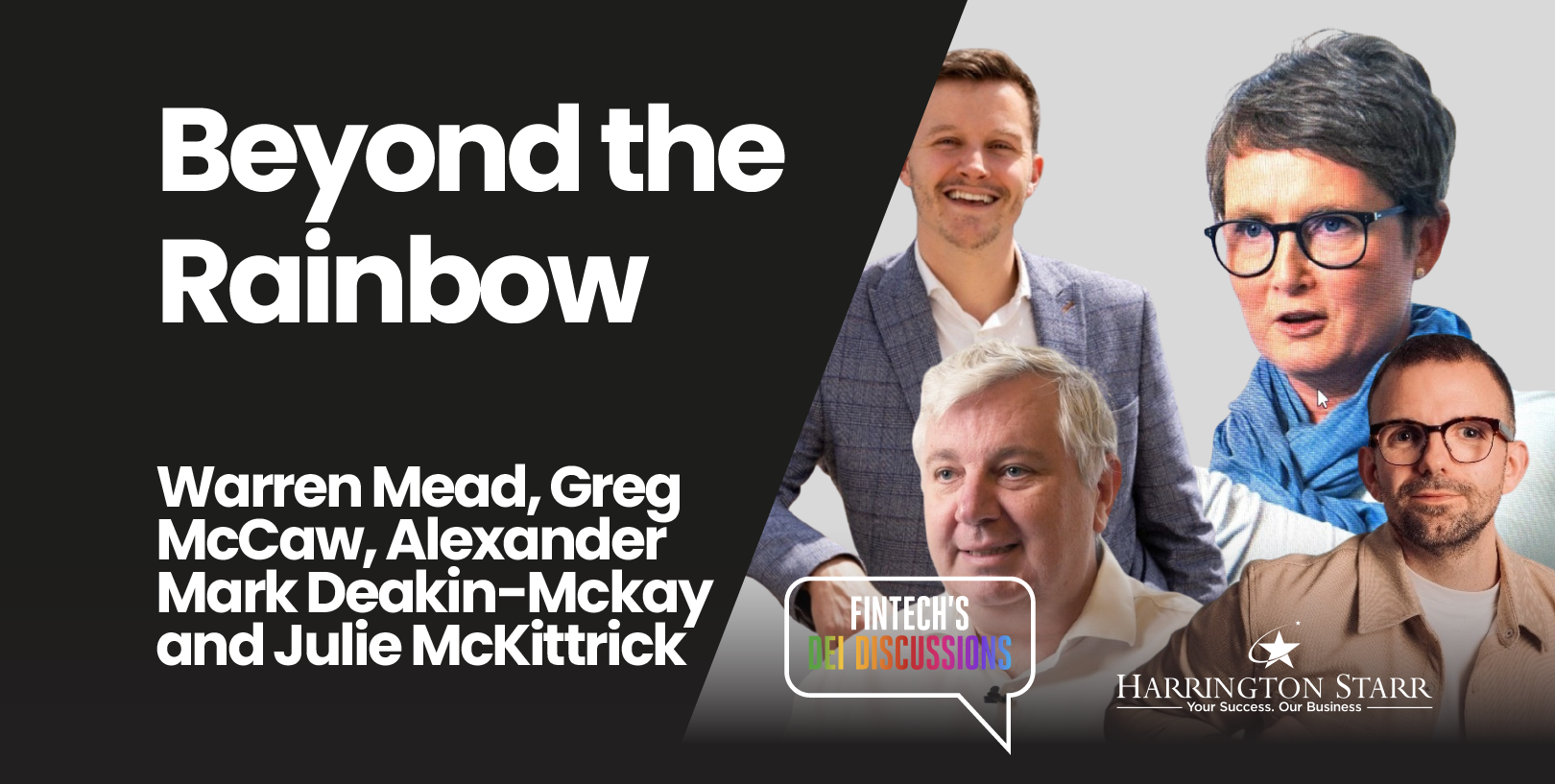Web3 has arrived, bringing with it a surge in job opportunities within the field. Web3 saw a staggering $62 billion investment in 2022, according to the McKinsey.com “Tech Trends 2023” report. This influx of investment correlated with a notable 40% increase in job postings.
The landscape of the Internet has evolved beyond mere content provision. It now revolves around unrestricted access, user engagement, and the seamless use of this content. In this shift, the individual behind the skill set is gaining importance. Their character, mindset and purpose will become even more crucial as we see the conventional boundaries of the internet further dismantled.
With these top tips, get the best chance of success when applying for Web3 jobs!
Know Your ‘Why?’ And Prepare To Explain It
The foundation of any solid job application is within your personal drivers. For Web3 jobs, this is even more important. Will you apply for a crypto role, AI job, or opportunity within the metaverse? Will you dive into the opportunities for financial inclusion within blockchain technology? or become a builder of the open-source software itself? Are you interested in DAOs, NFTs and DeFi? If so why? Mel Tsiaprazis is a crypto enthusiast with years of experience of working with software engineers, product managers, blockchain architects and AI marketers. Before her current role, she served as the Chief Commercial Officer at Bitstamp, which is the longest-running cryptocurrency exchange in the world. She advises, “reflect on what impact you want to make and what kind of movement you want to be part of” saying that, only then, “you can hone in what you want within the wide wild world of Web3.” Knowing your goals allows for a clear direction within your applications. Your research into the companies you go for, will become more specific when you focus on your ‘why’. Your resume will become detailed with evidence of your capabilities and desire. With this foundation, you will make stronger applications, with more chance of success.
Provide Instances Where You Have Demonstrated Agility
Web3 boasts huge changes to the internet as we know it. It allows information to be saved, shared, and interacted with in a decentralised manner – in other words, by a community of people. It is revolutionary in its nature and as the Georgetown Law Technology Reviewnoted, it is “putting power in the hands of the users instead of corporations.” The technological implications of such continual change are endless. Ben Plomion the Chief Marketing Officer of Dibbs, a Blockchain start-up, specialized in redeemable NFTs says, “Web3 thrives on curiosity, but it's built on the foundation of Web2 knowledge; the bridge between the two is your adaptability.” To be successful in any job application, you will need to “ensure that you can adapt and integrate your current expertise to shape the decentralized future." Change is a constant in Web3. Determining a person’s ability to handle change will be a crucial factor within interviews. Sharing case studies of situations where you have been adaptable and agile will support your applications.
Evidence Your Passion Through Continual Learning
Emin Gun Sirer, Founder and CEO, Ava Labs, a Web3 solution provider, explains that "although not every role at a Web3 firm requires Web3 experience, passion for the industry is certainly a must.” He believes that true passion is not about declaring it, but also taking action towards it. He asks, “do you participate in Web3 in a personal capacity, such as validating nodes, partaking in DeFi, and so on?” To increase your chances of selection, consider getting certified or taking short courses from LinkedIn Learning, Blockchain.com, or Binance Academy. George Coxon, Director of the Nano Foundation, agrees, saying “Blockchain is about creating new models for change. Every day, blockchain innovators are discovering how to use the technology’s unique benefits to decentralize power, redefine value, forge new alliances and reshape the status quo.” Since Web3 is so multi-faceted and changing rapidly, it is crucial to continuously improve your skills. You must comply with regulations, protect data privacy, maintain security, and collaborate with these systems' stakeholders, developers, and designers. Every aspect is still new in Web3, and showcasing your learning ability will set you apart.
Be Proactive With Your Community And Network
Another key aspect of Web3 is that learning will extend beyond the classroom and become more hands-on and practical. Andrew Saunders, Chief Marketing and Strategy Officer at Hashflow, a multichain decentralized exchange, shares the importance of joining relevant communities and networks. He says you should use the Coindesk crypto online glossary to learn key terms and lingo, save Chat GPT into your toolbar to help simplify complex topics, and listen to the crypto podcasts like Blockworks, Unchained, and The Coin Bureau. He emphasizes that when you join a Web3 community, it could quickly result in a placement. He said “you can start as a community member and then evolve into a moderator, developer, or marketing hire. Projects will reach out to you when they see you actively engaged and say, hey, we want to meet you and see what you could be fit for.” You could be considered for internships, freelance, and fulltime opportunities just by networking through these communities successfully. This will allow you to gain practical experience and further build valuable relationships within the industry.
Be Web3
To succeed in Web3, embracing its principles and values is important. This involves challenging the norm, being persistent in your learning, and being innovative in documenting and showcasing your progress. Rather than relying on traditional resumes and job searches, consider building an online portfolio highlighting your contributions to the blockchain community and your impact. Despite the challenges of an uncertain economy, Web3 offers career growth and upskilling opportunities. By adopting these principles, you, too, can thrive in this exciting field.
Follow me on LinkedIn. Check out my website.
Full credit to Forbes, visit the article on their website, here.
As Seen On Forbes: How To Get Hired In Web3
27 Sept, 20235 MinutesWeb3 has arrived, bringing with it a surge in job opportunities within the field. Web3 saw a...






